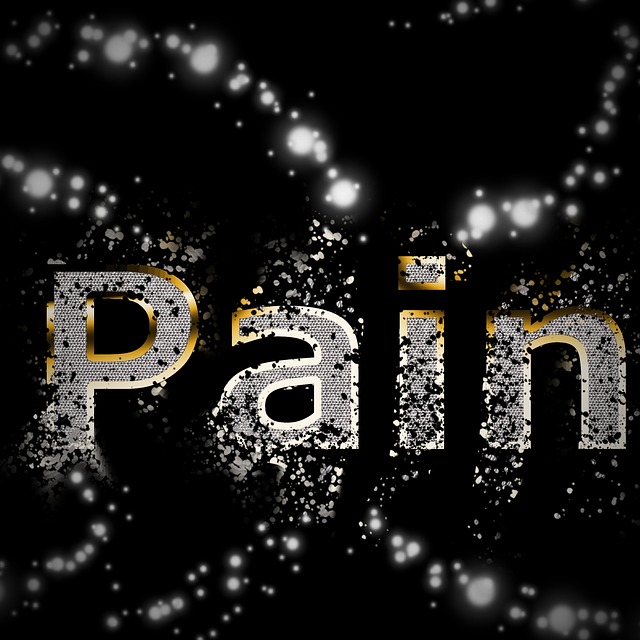I feel like I'm cheating. I'm completely taken with a man who is not my husband. It's happened before, I'm embarrassed to say. First, it was Vampire Bill. Then it was Jean-Claude. And I might have dallied a bit with Jericho Barrons and Raphael. But this is different. This is lasting. This is obsession. The object of my obsession, you may wonder? None other than Dragos Cuelebre, the Great Beast of Thea Harrison's Elder Races series. Why Dragos? Why does he stand out in the pantheon of hot alpha males that populate my beloved fantasy novels? Why do I replay the scenes of the novels and stories in my mind long after I've put my Kindle away? Why do I analyze and dissect his thought processes and his evolution and search for clues about my own life and proclivities and potential growth through the prism of this particular character? Why is this fictional fantasy so compelling that I'm genuinely sad that such a magnificent creature doesn't actually exist?
Well, we must give credit where credit is due, and celebrate the genius of Thea Harrison in creating such an amazing avatar. Jay Gatsby has nothing on Dragos (yeah, you heard me, I'm comparing Thea Harrison to F. Scott Fitzgerald and I don't want to hear any lip about it!). Dragos is incredibly complex but straightforward at the same time. As the author notes on several occasions, Dragos is Powerful as shit and older than dirt. He was born with the cosmos and his evolution is beyond the imagining of mere humans. He can shift forms from the ultimate alpha male--bigger, stronger and faster than even Steve Austin (and worth well over six million dollars to boot) to become the one and only dragon in the universe. He is singular and without peer. He has been considered a god. Perhaps he is a god. In other words, he is utterly one of a kind.
But here's the thing: given all that he has been and all that he is and all that he can become, he remains teachable, with some level of authentic humility underneath that seemingly impenetrable autocratic and invulnerable exterior. He can learn and grow and change. And he can feel with some level of emotional depth. He wants to evolve. He wants to grow and to become a better man for his mate. Is your heart palpitating yet? Do you have the vapors? Cause I sure do. Who wouldn't fall for that? If you are immune, my hat is off to you. But then I've got to ask why? Why would you even want to resist such magnificence? Well, I can think of a couple of reasons, actually. First, it's hard to admit to wanting something you don't believe exists in reality. Second, even if you concede the possible existence of such a creature, few of us willingly bang our heads against a wall of certain deprivation. If we know for a fact we could never be with someone like that, either because we believe we could never attract him or because we believe we could never maintain a relationship with him, then there is little point in pining. Unrequited love is only noble and marginally interesting in fiction (and not even there, for me; Madame Bovary bored me to tears—get over him already!). Those kinds of issues are a different kettle of fish entirely, and the subject for another post.
But now I want to talk about looking underneath that amazing exterior--beyond the power and the wealth and the smoking hot looks. What is there that transcends the dragon shapeshifter aspect, or even the billionaire elite-athlete-cum-rocket scientist-supermodel aspect of Dragos? What are some of the more authentic (not to mention realistic and obtainable) elements of who Dragos is that command our deep respect and draw us in like moths to smoking hot flames? Qualities like strength of character, comfort in one's own skin, fundamental competence and confidence? And then, like the cherry on the top of the sundae, is a burning ambition to continually strive to be a better man, to want to become more patient, and tolerant, giving and generous. Not to mention so hot for his mate that spontaneous combustion occurs when they come together.
Could you get behind that action? There was a time where I probably could not but those days are in the past, thankfully. Now I wake up to that every day. Which is awesome for me, definitely. But, in truth, it took me a very long time to be able to look beyond the superficial of good looks, good prospects, and the casual arrogance of a man who knows he's got it going on (as my husband does). Because that is definitely not enough, as Dragos so ably demonstrates.
The pull that Dragos exerts on my psyche is below the surface. He's more than the ultimate alpha male. Because in reality, alpha males come with some fairly insurmountable obstacles, at least to my way of thinking. Alpha males want control of everything. But Dragos is willing to consider that control precludes partnership and friendship. Control puts the controller in the one up position. And for a guy used to being one up for eons, not just multiple millennia, Dragos is irresistibly willing to consider that being one up means your “partner” is one down. And the one down position makes partnership impossible. He is seductively prepared to ponder the proposition that he doesn't know it all or how to do it all. He's eager to pursue additional evolution to the next level of existence. For his woman. To be a better man for her. And that makes him just about perfect for me.



















